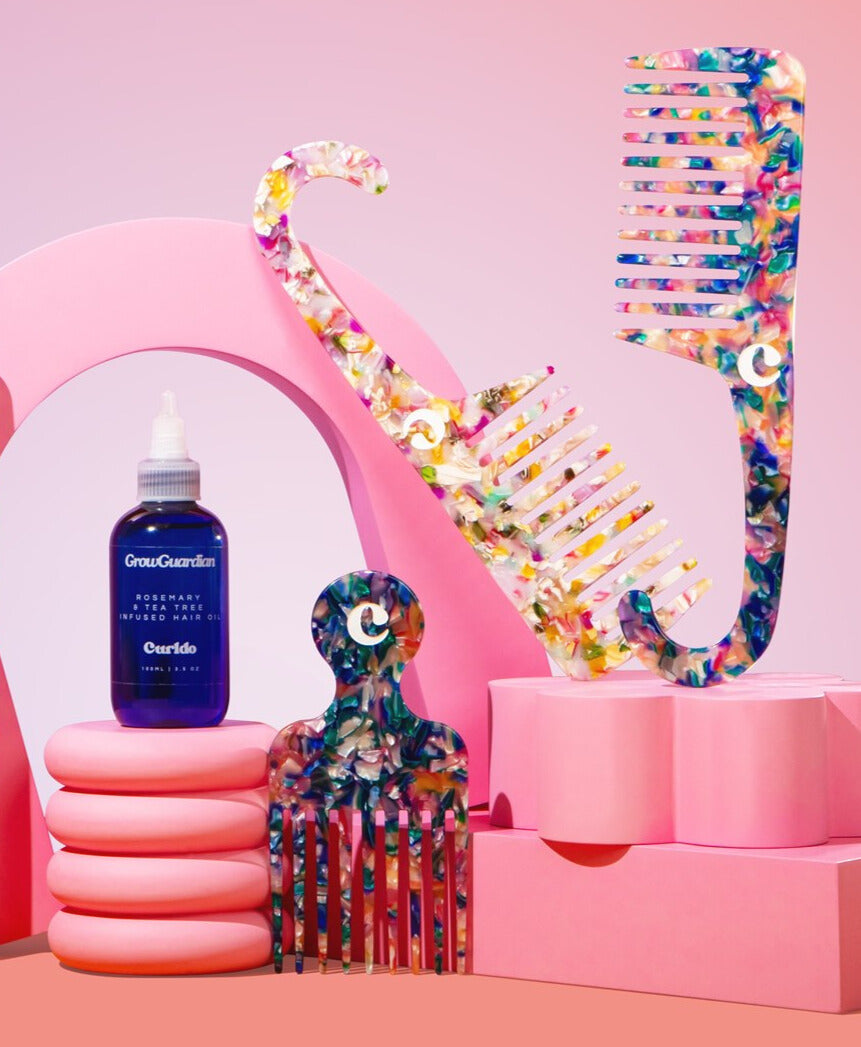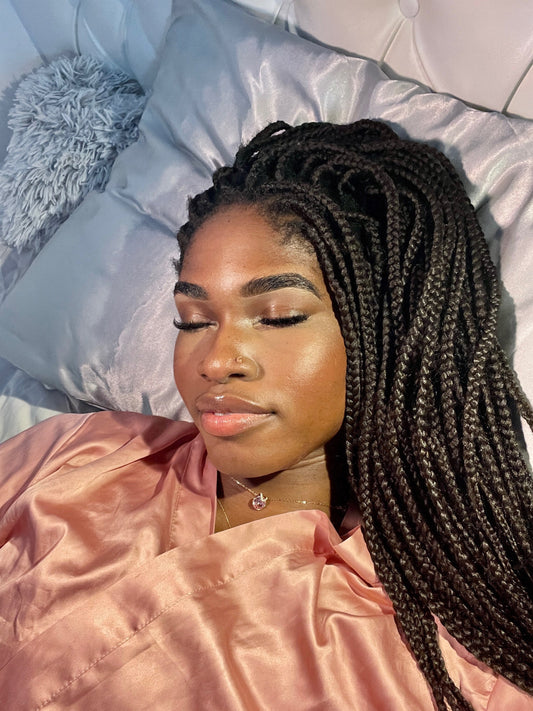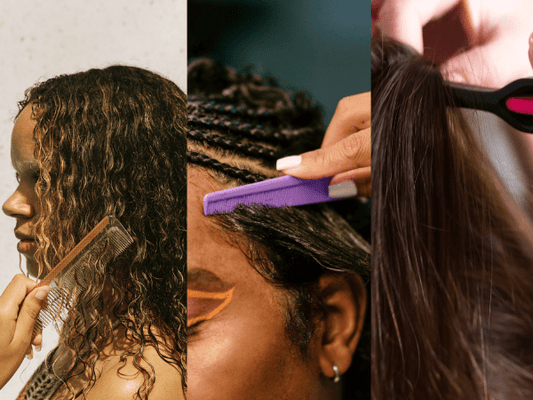Understanding the Causes of Dry Scalp
Several factors can lead to a dry scalp, each necessitating a nuanced approach to treatment. Identifying the underlying cause is the first step towards effective relief.
1. Environmental Factors: Cold, dry air, especially during winter months, can sap moisture from the skin, including the scalp. Conversely, excessive heat and sun exposure can also contribute to dryness.
2. Over-Washing: Frequent washing with harsh shampoos can strip the scalp of its natural oils, leading to dryness and irritation.
3. Dermatological Conditions: Conditions like psoriasis and eczema can manifest on the scalp, causing dryness, flaking, and discomfort.
4. Product Buildup: Residue from hair products can clog pores and prevent natural oils from moisturizing the scalp.
5. Nutritional Deficiencies: A lack of essential nutrients, particularly omega-3 fatty acids, vitamins A and E, and zinc, can impact skin health and lead to a dry scalp.
Moisturizing Treatments for Dry Scalp
Effective treatment of a dry scalp involves both addressing the root cause and implementing practices to restore and maintain moisture. Here are comprehensive solutions to combat dry scalp:
1. Hydrating Shampoos and Conditioners
Opt for sulfate-free shampoos and hydrating conditioners designed for sensitive or dry scalps. These products gently cleanse without stripping natural oils, infusing moisture back into the scalp.
2. Scalp Masks and Oils
Regular use of scalp masks or natural oils (such as coconut, jojoba, or argan oil) can deeply moisturize the scalp. Apply the oil or mask directly to the scalp, massage gently, and leave on for a specified period before washing thoroughly.
3. Humidifiers
Using a humidifier in your home, especially during dry months, can help maintain a more moisture-rich environment, benefiting both your scalp and skin.
4. Balanced Diet
Incorporate foods rich in omega-3 fatty acids (like salmon and flaxseeds), vitamins A and E (found in leafy greens and nuts), and zinc (present in meat and legumes) to support skin health from the inside out.
5. Gentle Styling Practices
Minimize the use of heat styling tools and harsh chemical treatments that can exacerbate scalp dryness. When using these tools, apply a heat protectant and choose the lowest heat setting possible.
6. Proper Washing Technique
Limit shampooing to a few times a week to prevent over-drying the scalp. When washing, focus shampoo on the scalp and let the suds run down the lengths of your hair to clean without stripping moisture.
7. Avoid Hot Water
Shower and wash your hair with lukewarm water instead of hot water, which can strip the scalp of its natural oils more rapidly.
8. Regular Exfoliation
Gently exfoliating the scalp can remove dead skin cells and product buildup, allowing for better absorption of moisturizing treatments. Use a soft scalp brush or a specially formulated scalp scrub.
Additional Tips for Managing Dry Scalp
-
Stay Hydrated: Drinking plenty of water is essential for overall skin health, including the scalp.
-
Reduce Stress: High stress levels can exacerbate skin conditions, leading to increased dryness. Implement stress-reduction techniques such as yoga, meditation, or regular exercise.
-
Consult a Dermatologist: If home treatments do not alleviate your dry scalp, or if you suspect a dermatological condition, seek the advice of a healthcare professional. They can provide targeted treatments and advice based on your specific needs.
Conclusion
A dry scalp can be a persistent and uncomfortable issue, but with the right knowledge and care, it's manageable. By understanding the potential causes and implementing moisturizing treatments, you can alleviate the symptoms and improve your scalp health. Remember, a healthy scalp is the foundation for healthy hair, making it essential to prioritize scalp care in your overall beauty and wellness regimen. Whether through nourishing products, dietary changes, or lifestyle adjustments, taking steps to combat dry scalp can lead to significant improvements in both comfort and confidence.











